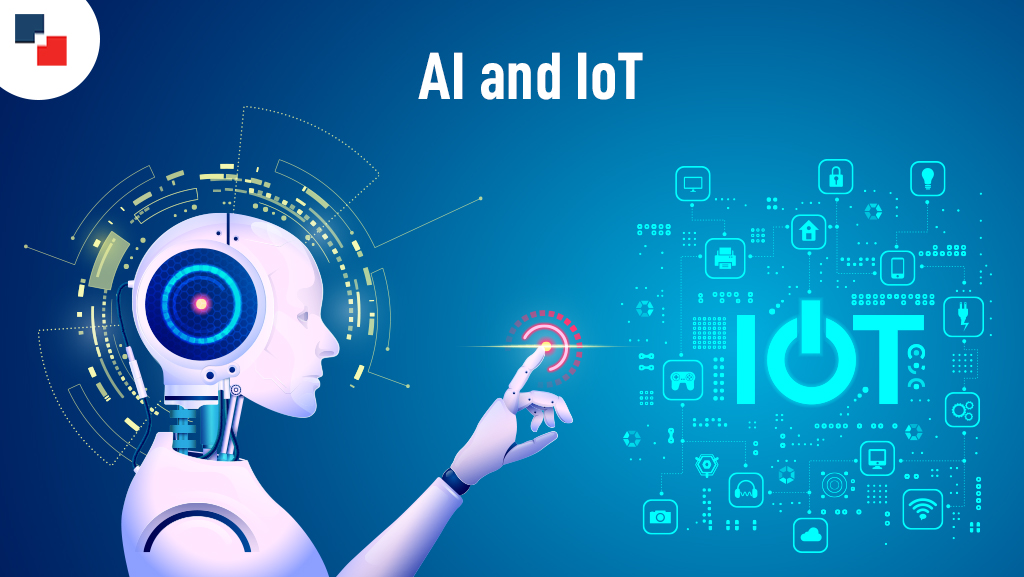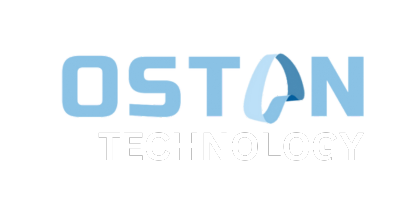IoT and AI: Transforming Business Operations

In the digital era, businesses must embrace cutting-edge technologies in order to stay competitive. Among these, two of the most transformative technologies driving this shift are IoT (Internet of Things) and AI (Artificial Intelligence). Together, they’re reshaping industries by not only enhancing efficiency but also automating processes and delivering actionable insights. As a result, organizations are better equipped to adapt to changing market demands and innovate effectively.
What is IoT?
The Internet of Things (IoT) refers to a network of interconnected devices that can communicate with each other over the internet. In other words, these devices collect, share, and act on data automatically, without requiring constant human intervention. As a result, IoT enables greater automation and efficiency across various industries. Furthermore, it allows businesses to make data-driven decisions in real-time, improving overall performance. IoT encompasses:
- Sensors and Actuators: Devices that collect data (e.g., temperature, motion) or perform actions (e.g., opening a valve).
- Connectivity: Networks (Wi-Fi, 5G, Bluetooth) enabling devices to communicate.
- Platforms: Systems that store and analyze IoT data.
To learn more about IoT’s potential, check out our guide on IoT for business innovation.
What is AI?
Artificial Intelligence (AI) refers to the simulation of human intelligence in machines that are programmed to think, learn, and make decisions. In other words, AI systems are designed to mimic human cognitive functions. Additionally, these systems use algorithms to process large amounts of data, identify patterns, and perform tasks that typically require human cognition. As a result, AI enables machines to handle complex tasks more efficiently and accurately than ever before. Moreover, the ability to continuously improve through learning allows AI systems to adapt to new situations and optimize performance over time. AI includes:
- Machine Learning (ML): Algorithms that improve over time by learning from data.
- Natural Language Processing (NLP): Understanding and generating human language.
- Computer Vision: Interpreting visual information from the world.
- Robotics: Automating physical tasks using intelligent systems.
Dive deeper into AI technology with our detailed post on AI’s impact on industries.
The integration of IoT and AI is transforming business operations, making them smarter and more efficient. As a result, companies embracing these technologies will unlock new opportunities for growth and stay ahead in the competitive landscape. Moreover, this integration allows businesses to enhance decision-making, streamline processes, and better meet customer demands. In addition, the combination of IoT and AI helps businesses anticipate market changes and adapt quickly, ensuring long-term success
Keyways IoT and AI Are Revolutionizing Business
- Predictive Maintenance and Operational Efficiency
In industries like manufacturing, IoT sensors monitor equipment performance in real time. AI algorithms analyze this data to predict failures before they occur, reducing downtime and maintenance costs.
Explore More: The Role of AI in Predictive Maintenance
- Supply Chain Optimization
IoT devices provide real-time data on inventory levels, shipment locations, and environmental conditions. AI processes this data to optimize logistics, reduce delays, and lower costs. Companies can achieve just-in-time inventory management and ensure faster deliveries, improving customer satisfaction.
- Enhanced Customer Experiences
When it comes to customer experiences, IoT and AI work together to deliver personalized solutions.
- In retail, IoT-powered smart shelves track inventory, while AI personalizes product recommendations.
- In healthcare, wearable IoT devices monitor patient health, and AI aids in diagnostics, providing more accurate and timely care.
Related Read: IoT in Retail: Transforming Shopping Experiences
Future Trends: IoT and AI
Looking ahead, IoT and AI will continue to evolve, with emerging trends like Edge Computing and AIoT (Artificial Intelligence of Things) pushing the boundaries even further.
- Edge Computing: By processing data closer to IoT devices, businesses can achieve faster decision-making and reduce latency.
- AIoT: Combining AI’s intelligence with IoT’s connectivity is paving the way for innovations like autonomous vehicles, smart cities, and intelligent healthcare systems.
Explore More: What Is AIoT and Why Does It Matter?
Conclusion
In summary, the partnership between IoT and AI is revolutionizing business operations by not only driving greater efficiency but also enhancing customer experiences and enabling smarter decision-making. Moreover, as companies continue to adopt these technologies, they will be better positioned to stay ahead of the competition, adapt more quickly to market changes, and ensure long-term growth. Ultimately, this integration represents a pivotal step toward a more innovative and sustainable future for businesses.
Ready to embrace IoT and AI for your business? Explore more insights and stay updated with our latest blogs on emerging technologies and many more.

